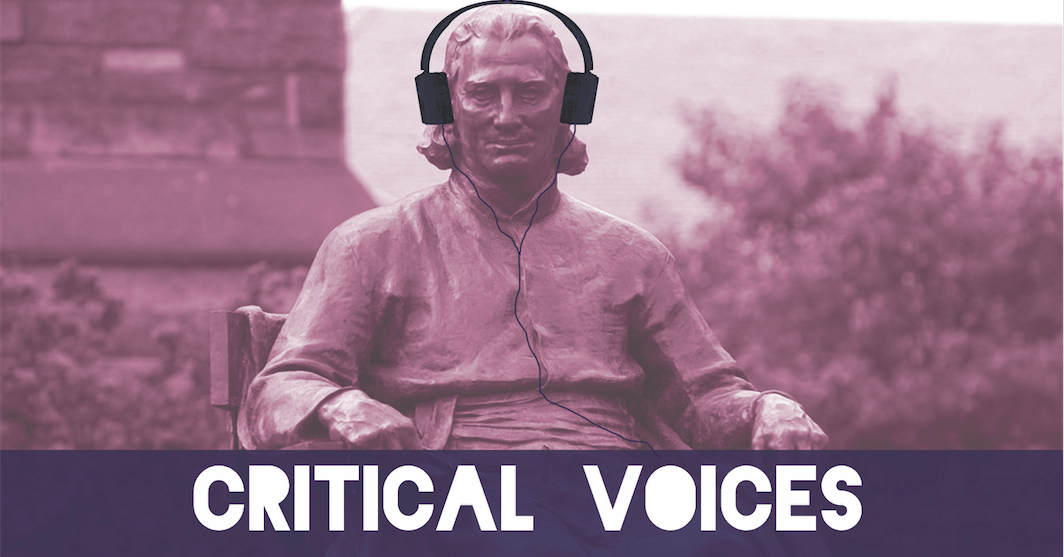For most pop stars, the transition from band member to solo artist can be a rocky one. Many pop artists have tried and failed to find commercial success after escaping the bands that launched them into stardom. Camila Cabello, formerly of pop group Fifth Harmony, has bucked this trend with her self-titled album Camila. The album has dominated the charts since its release, and Cabello has topped off its success with an impressive performance on The Tonight Show. But despite the commercial success of Camila, the album itself is nothing extraordinary. In fact, the album’s largest shortcoming is its mundanity.
Most of the album is cookie-cutter pop, no different than the torrent of music that has frequented the radio for the past few years. Whether that was Cabello’s intention or her record label’s is unclear, but the end product is disappointing. Songs like “Never Be the Same” showcase this blandness, with basic synth beats and unoriginal lyrics. Most songs tend to revolve around lost love, a trope that’s as sappy as it is worn out. Accompanied by acoustic guitar on the song “All These Years,” Cabello sings, “Sounds like you’re happy with her. But does she kiss you like I kissed you? Ooh, I wish I loved you like I miss you.” Cabello’s lyrics never abandon this level of simplicity, leaving the listener largely unsatisfied. The album as a whole seems contrived and disingenuous. The songs are catchy enough to sell, but one would be hard-pressed to point to any instance of originality.
Where the album shines most, however, are the songs that tap into Cabello’s Cuban roots. Songs like “Inside Out” are influenced by Cuba’s rich musical heritage and allow one to forget some of the lackluster lyricism. The song “She Loves Control,” for example, incorporates Spanish guitar and Afro-Caribbean percussion, resulting in a track that sounds refreshingly unique in the pop genre. “Havana,” undoubtedly the most successful song to come from Camila, also incorporates elements of Cuban music, even going so far as to include a riveting, exotic trumpet solo.
Cabello’s performance of “Havana” on The Tonight Show this past fall was incredibly encouraging, with the song touting a predominantly Latin sound. However, this sound is muddled on the album. The Latin instrumentation of Cabelo’s TV performance takes a backseat to old pop tropes, most notably a feature by Young Thug. While many songs, both pop and Latin, successfully incorporate rap, Young Thug’s inclusion on “Havana” comes off as unnecessary. Young Thug’s verse is nothing particularly special, and his lyrics are nearly unintelligible.
Cabello infuses beats and instrumentation inspired by her Cuban heritage to a great effect in many of the songs on Camila, but these moments are undercut. One can’t listen to the album without feeling that Cabello wasn’t sure exactly what she wanted it to be or where she wanted it to go. What’s tragic is that Camila clearly demonstrates that Cabello has great potential. This potential, however, gets trampled in the search for catchy hooks and a profitable pop sound. Perhaps as Cabello matures as an artist, she’ll be able to change the pop genre with her unique incorporation of Cuban music. For now, listeners are left with an album that fails to stand apart from the crowd.





